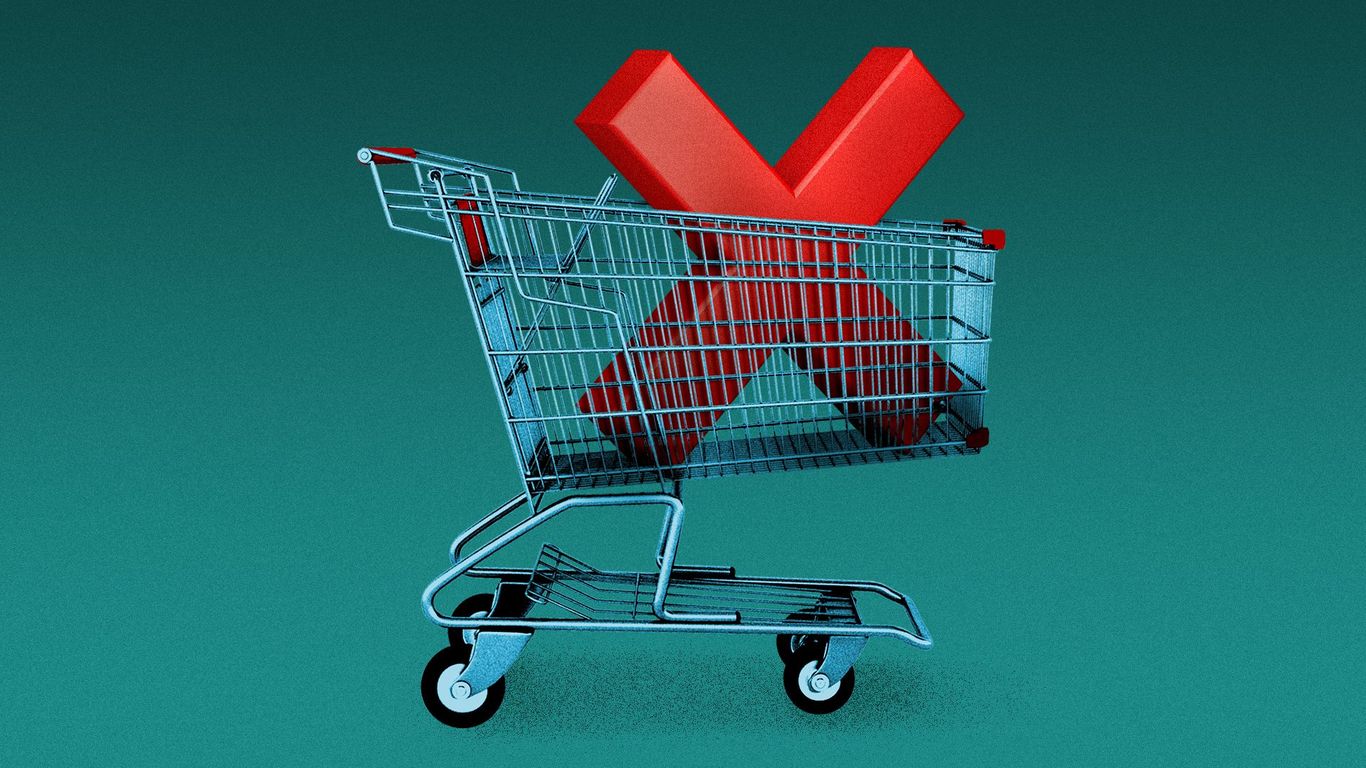
The Crumbling Foundation: How Rising Prices Threaten America’s Lower-Income Households
The American dream, often depicted as a comfortable middle-class life, is increasingly out of reach for a significant portion of the population. A silent crisis is unfolding, one not marked by dramatic headlines but whispered in the aisles of discount retailers across the nation. For millions of low-income Americans, the simple act of affording basic necessities is becoming a daily struggle, a battle fought not on the battlefield, but in the grocery store and the pharmacy.
Major discount chains, the lifelines for many financially vulnerable families, are reporting troubling trends. These retailers, long seen as havens of affordability, are witnessing firsthand the strain on household budgets. The rising cost of everyday essentials – food, personal care items, cleaning supplies – is pushing already stretched families to their limits. What was once manageable is now a precarious balancing act, one missed paycheck away from disaster.
The implications are far-reaching and deeply concerning. When the cost of living outpaces wage growth, a vicious cycle begins. Families are forced to make difficult choices, often sacrificing necessities like healthcare or nutritious food to cover other crucial expenses like rent or utilities. This prioritization of immediate survival over long-term well-being has devastating consequences for both individuals and the broader economy.
The impact extends beyond the individual household. Reduced consumer spending at the lower end of the income spectrum ripples through the economy. Smaller businesses, heavily reliant on this customer base, feel the pinch. Jobs are threatened, and local communities face economic hardship. The stability of the entire economic system is jeopardized when a significant portion of the population is constantly teetering on the brink of financial ruin.
This isn’t simply a matter of tightening belts and making sacrifices. The current situation reflects a deeper systemic issue: the widening gap between the cost of living and the wages earned by low-income workers. While inflation impacts everyone, its effects are disproportionately felt by those with limited financial resources. They lack the buffer of savings or investments to absorb unexpected expenses or price increases.
Addressing this crisis requires a multi-pronged approach. Policymakers need to consider measures that directly address wage stagnation and the rising cost of essential goods. This could include raising the minimum wage to a living wage, strengthening social safety nets, and implementing policies that encourage fair competition and prevent price gouging. Furthermore, initiatives focused on affordable housing, access to healthcare, and quality education are crucial to breaking the cycle of poverty and enabling individuals to achieve greater economic security.
The warning signs are clear: the affordability of basic essentials is eroding, and the consequences are dire. Ignoring this issue risks a social and economic catastrophe. It’s time for a serious conversation about sustainable solutions, solutions that not only alleviate the immediate suffering but build a foundation for a more just and equitable future for all Americans. The time for action is now, before the foundation crumbles completely.



Leave a Reply